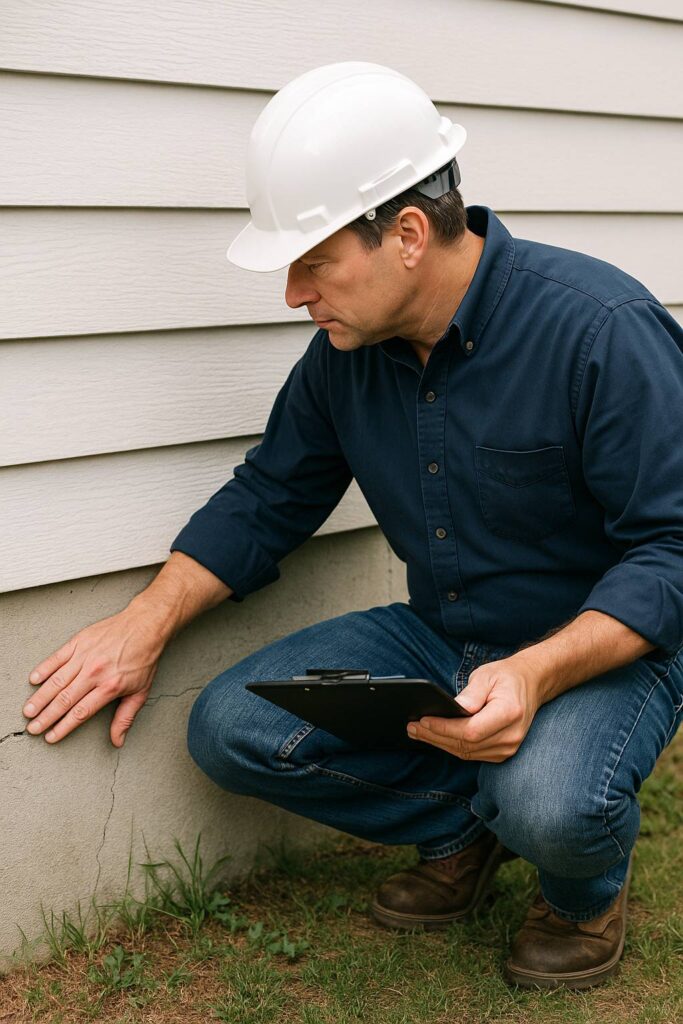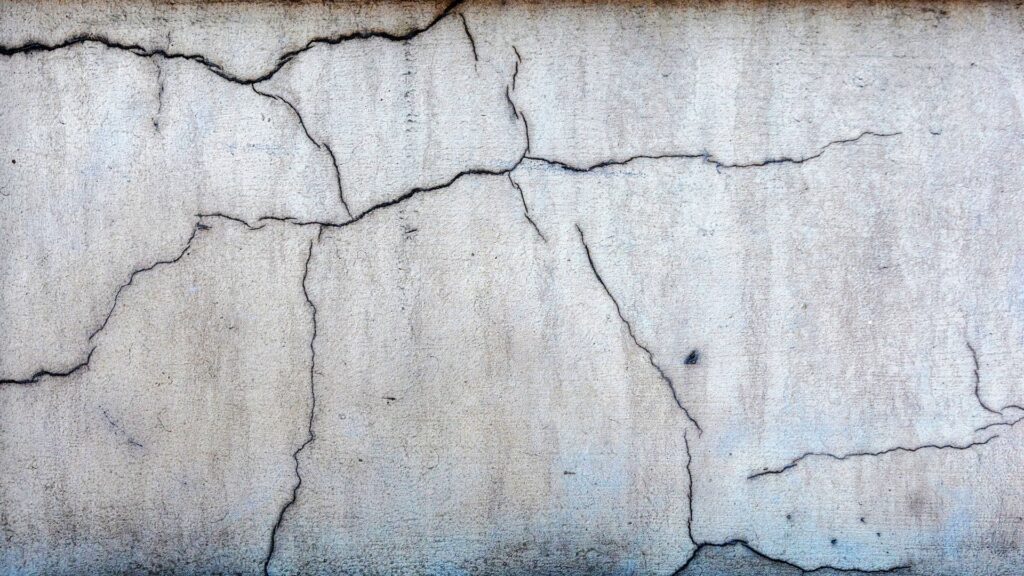A foundation inspection is one of the smartest steps a homeowner can take to protect their property. The foundation supports your entire home, so even minor issues can develop into major structural problems if left unaddressed. Knowing the right time to schedule an inspection helps catch issues early—before they become costly repairs or safety risks.
Foundation issues are not always obvious. While cracks or sloping floors may seem cosmetic, they can signal deeper problems below. A routine foundation inspection can help identify early signs of shifting, water damage, soil movement, or improper drainage that may affect your home’s stability. It’s a proactive way to maintain the value and safety of your property and avoid major headaches down the road.

Water is one of the leading causes of foundation damage. After intense storms or flooding, it’s important to schedule a foundation inspection. Saturated soil can shift, weaken, or erode around your foundation and cause cracking or settling.
Planning to buy or sell a home? A professional inspection offers peace of mind and ensures no costly surprises are hiding below. A clean report makes a home more appealing to buyers, while an early inspection gives sellers time to make necessary repairs and avoid negotiation issues.
Don’t ignore these common signs:
If you notice any of these, schedule a foundation inspection immediately.

Foundation issues can be seasonal. Soil expands in wet seasons and contracts in dry ones. These shifts can affect your foundation’s integrity. For the best results, plan inspections in:
These times help you stay ahead of seasonal changes and address minor concerns before they escalate into more serious issues.
A licensed inspector will look for:
They will provide a detailed report and outline any repairs or further action needed to keep your home safe and secure.
Delaying an inspection can lead to more extensive and costly repairs down the road. If your home is showing signs of foundation trouble—or if it’s been more than a year since your last check—now is the time to act. Contact Hoffman Reconstruction LLC to schedule a thorough foundation inspection from trusted experts.
Looking for more home safety and repair tips? Visit our blog for helpful resources and expert advice.